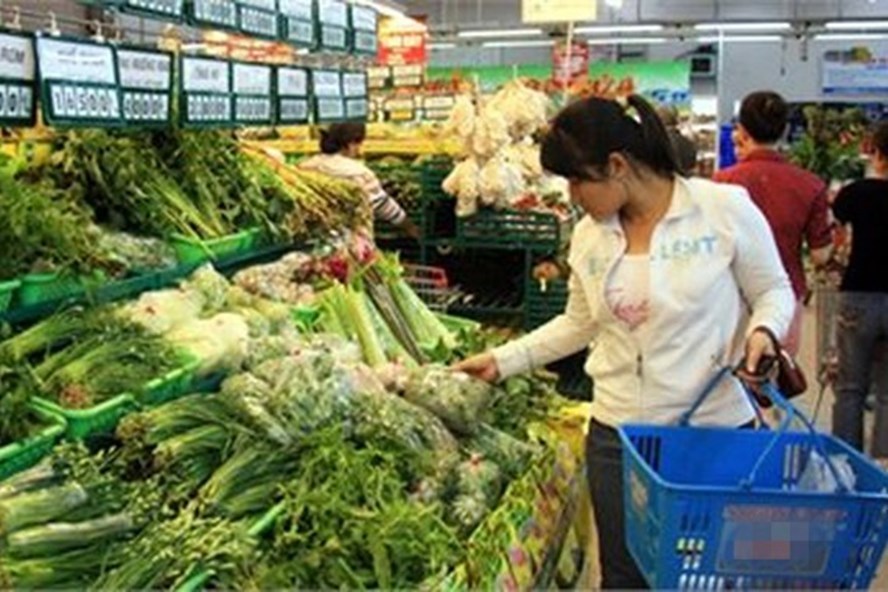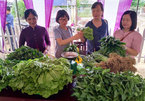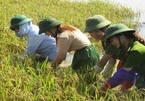Lam San pepper does not use chemical herbicides and pesticides and has been certified as meeting standards to be an organic product. It is also the first Vietnamese company which can export pepper to European countries.

Lam San began applying the EU organic standards early.
Products must be cultivated in conditions suitable to the environment and must not have a negative impact on the environment. The requirements also include control and labeling of EU standard organic logos.
Analysts commented that Vietnam’s farm produce and food companies are becoming better adapted to the strict requirements from the European market.
|
Products must be cultivated in conditions suitable to the environment and must not have a negative impact on the environment. The requirements also include control and labeling of EU standard organic logos. |
Membership in FTAs, bilateral and bilateral, including the EU-Vietnam FTA, has brought opportunities and challenges to Vietnam’s farm produce export companies, with many technical barriers frim importing countries.
However, there are not many Lam Sans. According to Japanese agriculture expert Ino Mayu, only 5-10 percent of farmers are interested in clean agriculture and only 5 percent of them strictly follow rules and succeed.
Mayu said most farm produce are cultivated in an unplanned way, and farmers don’t follow development programs or have information about markets. The products don’t have labels, origins and technical indexes.
Meanwhile, consumers’ requirements on quality and product safety are increasingly high.
Nguyen Thi Huyen, director of Vinasamex, which exports sweet fennel to the EU, said the company had to spend VND4 billion to obtain international certification on organic products, because there is no certification organization in Vietnam.
She complained that it is difficult to obtain geographical indicators for organic produce and the costs for brand protection overseas are high, especially for small enterprises.
Dao Ngoc Nam, director of An Viet Production & Trading JSC, urged appropriate agencies to set up national standards for organic agriculture production to ensure product safety.
In late 2017, the Ministry of Science & Technology, after consulting with US and EU certification organizations, announced four national standards on organic agriculture. However, the Ministry of Agriculture and Rural Development has not released any document on the implementation.
Vietnam has been advised to learn experiences from organic mango production organized by Aeta people in the Philippines. Mangoes are sealed in sterile bags and exported to Europe as organic products for sale at stores across Germany, Austria and Switzerland under the support of Freda.
Le Ha

Ethnic women find success growing organic vegetables
Quach Thi Ut, head of a co-operative specialising in safe vegetables in Tra Vinh Province’s Tra Cu District, is known for finding innovative methods of cultivation that have boosted her family’s income and helped local farmers escape from poverty.

Vietnamese technology converts waste into electricity, organic carbon
Vietnamese technology converts waste into electricity, organic carbon
 Lam San is the first cooperative in Vietnam which has had its organic products recognized by the German international organization CERES-Cert.
Lam San is the first cooperative in Vietnam which has had its organic products recognized by the German international organization CERES-Cert.